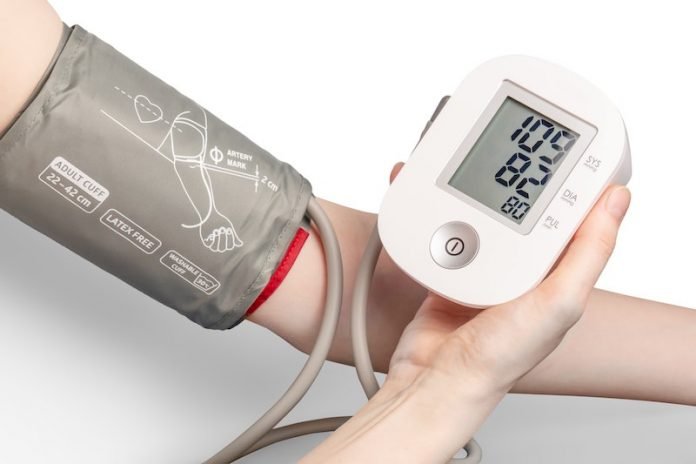
High blood pressure is the world’s leading killer but poor rates of blood pressure control remain common.
In a recent study published in The Lancet, researchers found a new strategy where patients are started on a pill containing four medicines, each at a quarter of their usual doses, is much more effective in getting blood pressure under control.
This novel combination blood pressure medication brought blood pressure under control in 80% of participants in 12 weeks, compared to 60% in the control group who nonetheless had access to the best patient care.
The study is from the University of Sydney. One author is Professor Clara Chow.
Traditionally doctors have started with one drug and then follow up to consider adding or changing treatment—but this strategy is often not successful in practice and blood pressure control rates have remained stubbornly low for decades.
In the study, the team found that a single pill containing an ultra-low quadruple combination is much more effective than the traditional approach of starting with a single drug.
The study enrolled 591 participants with high blood pressure either in no treatment or single therapy across 10 centers in Australia.
The primary outcome was the significantly reduced blood pressure, in the group starting on the quad-pill, at 12 weeks.
These differences were sustained, with blood pressure control still better with the quad-pill approach compared to the standard approach at 12 months, and no differences in side effects.
The finding demonstrated the efficacy, tolerability and safety of this ultra-low-dose combination strategy—a potentially simple and scalable hypertension management strategy to treat hypertension.
The team says these kinds of strategies will only make a major impact on global health if they are available and affordable for patients most in need.
When scientists find treatments that are this effective, simple, and safe they must do their best to get them to those who can benefit most.
They say a simple and effective combination quad-pill strategy had the potential to impact people’s lives worldwide.
If you care about blood pressure, please read studies about sleepless nights linked to high blood pressure and findings of calcium and magnesium in drinking water may lower blood pressure.
For more information about high blood pressure, please see recent studies about blood pressure recording over 24 hours could predict heart disease best and results showing that over half of patients skip or stop using high blood pressure drugs.
Copyright © 2021 Knowridge Science Report. All rights reserved.



